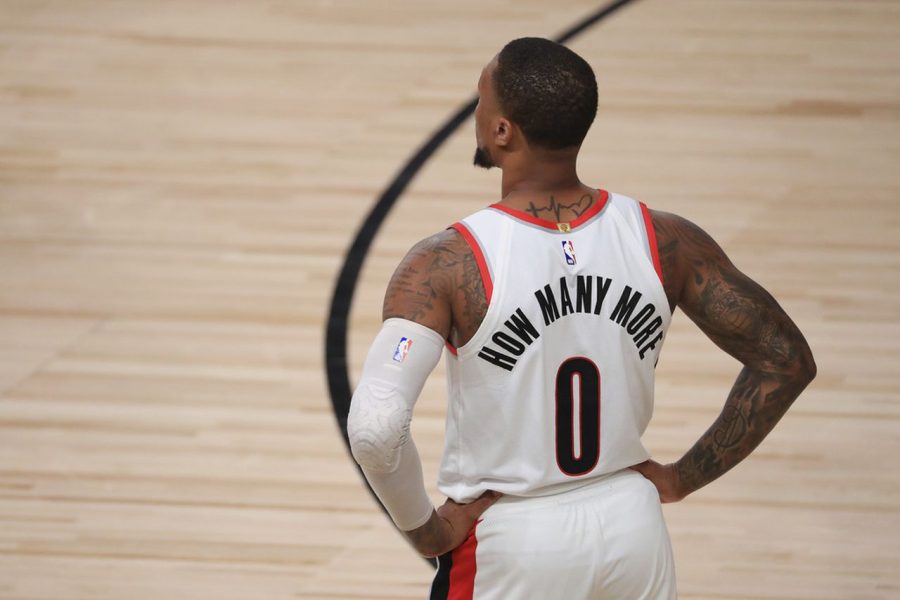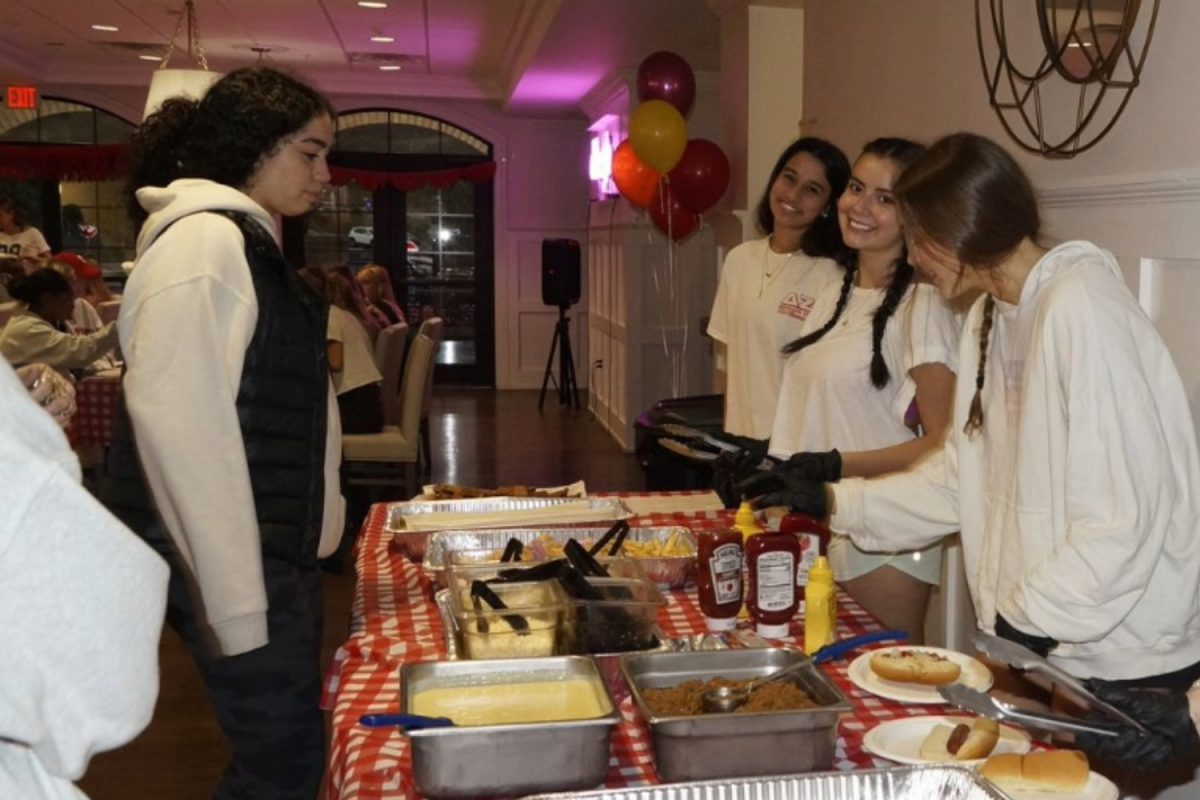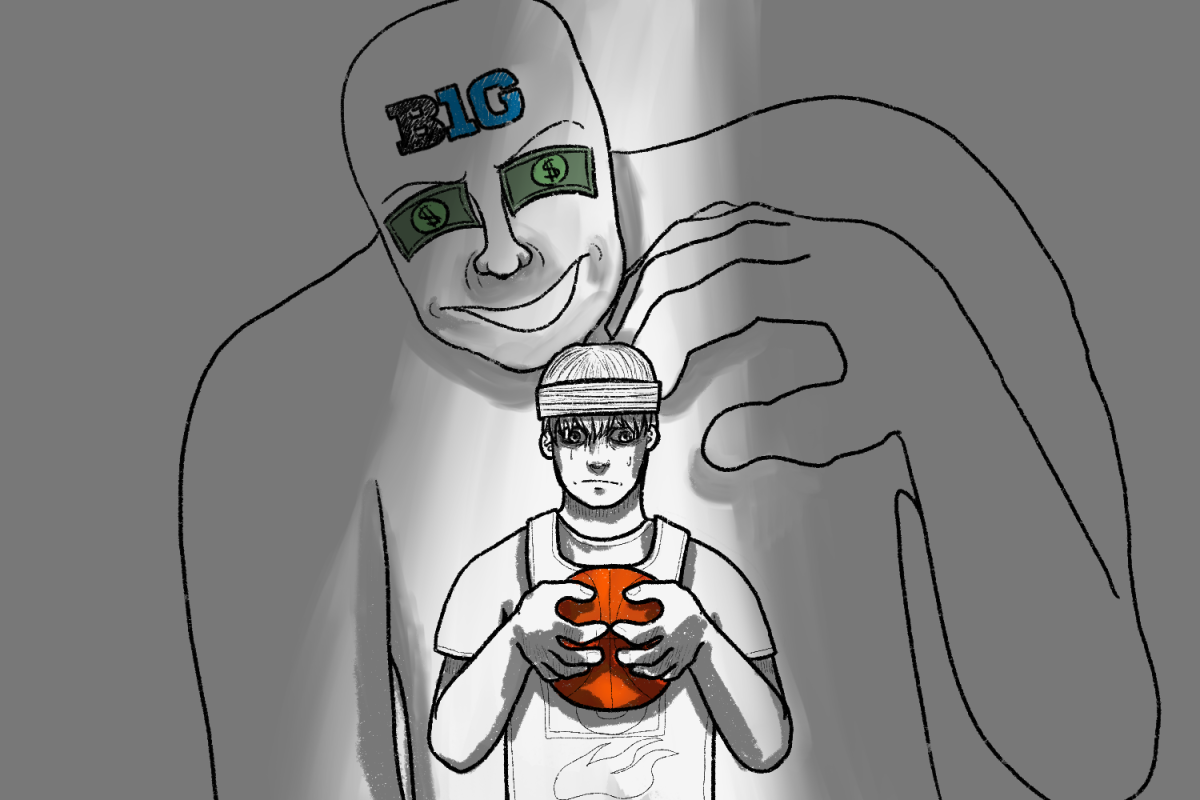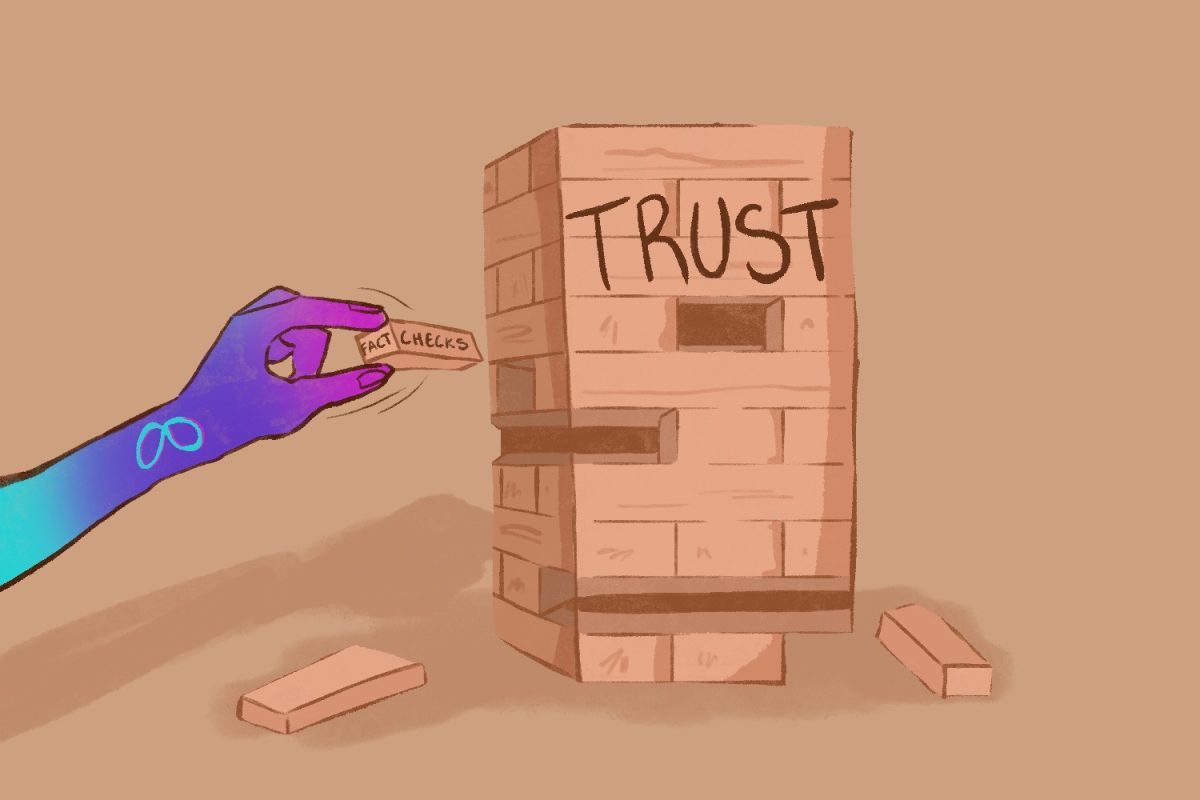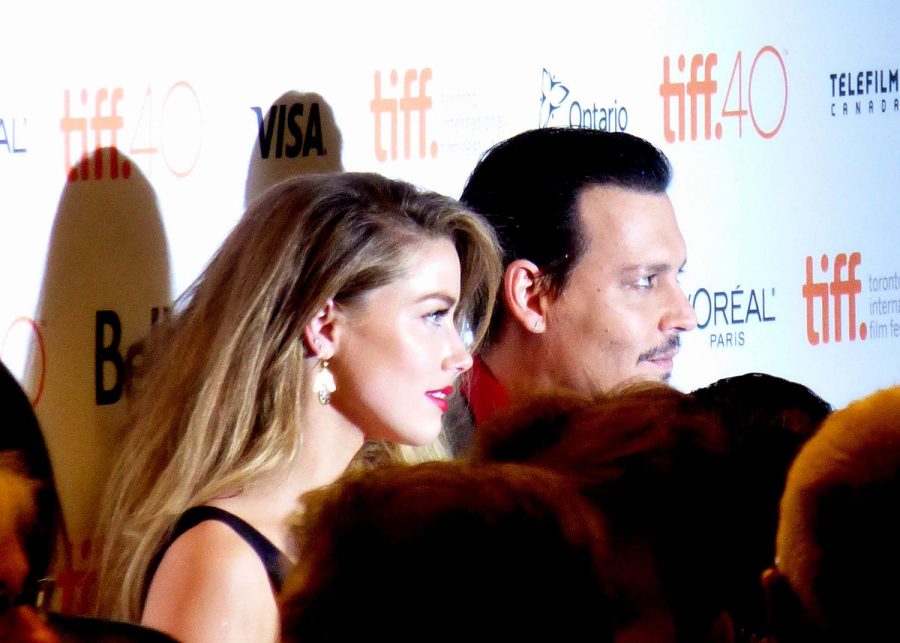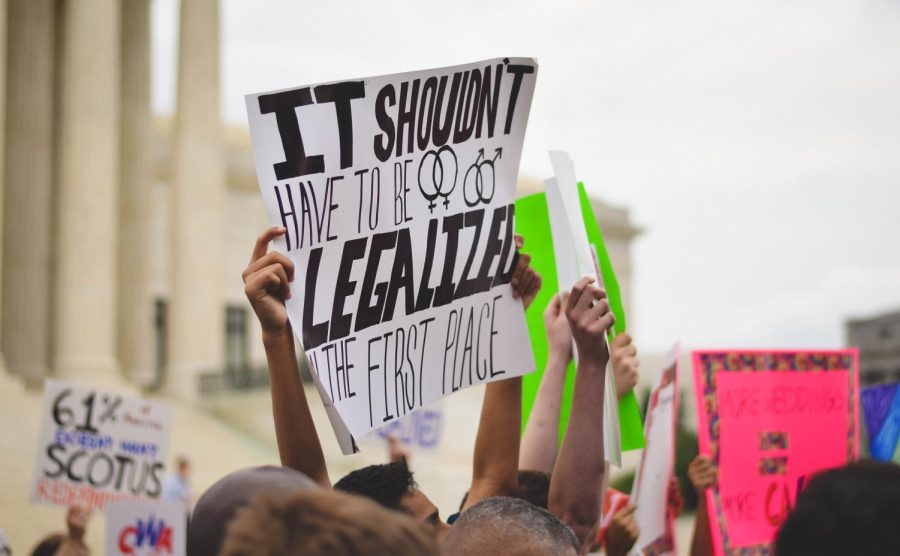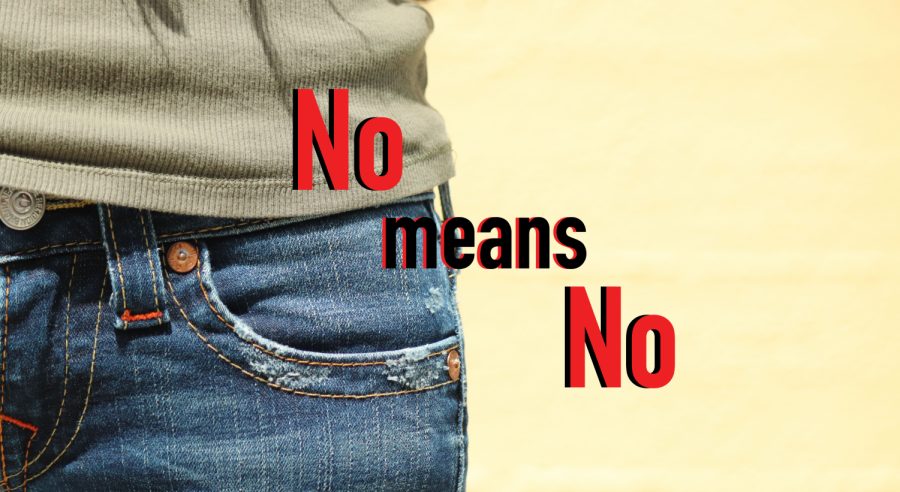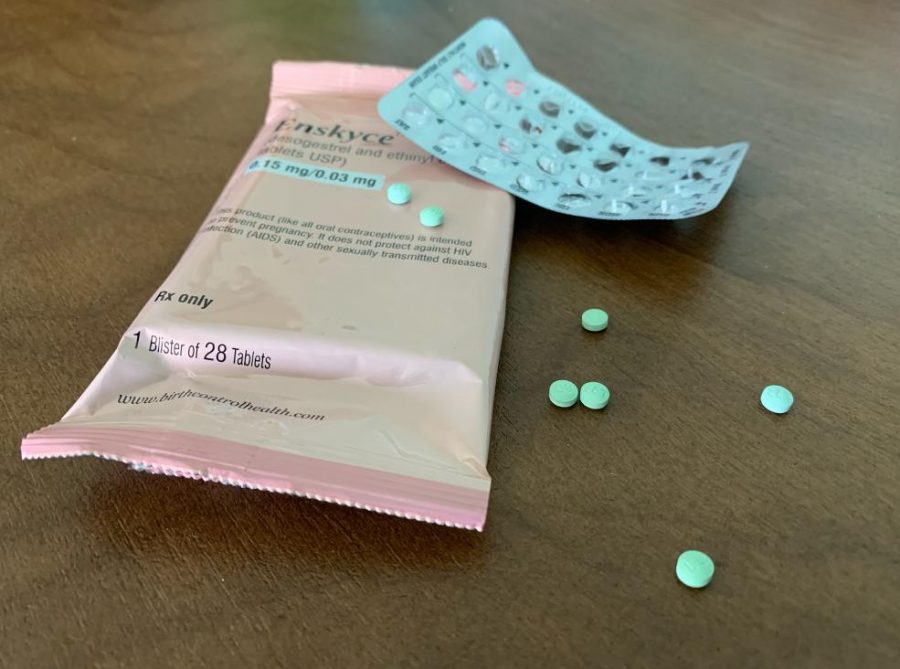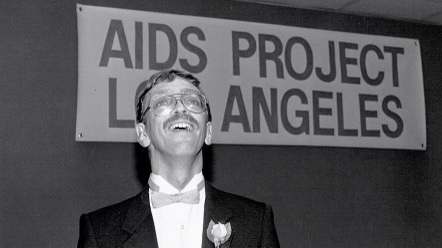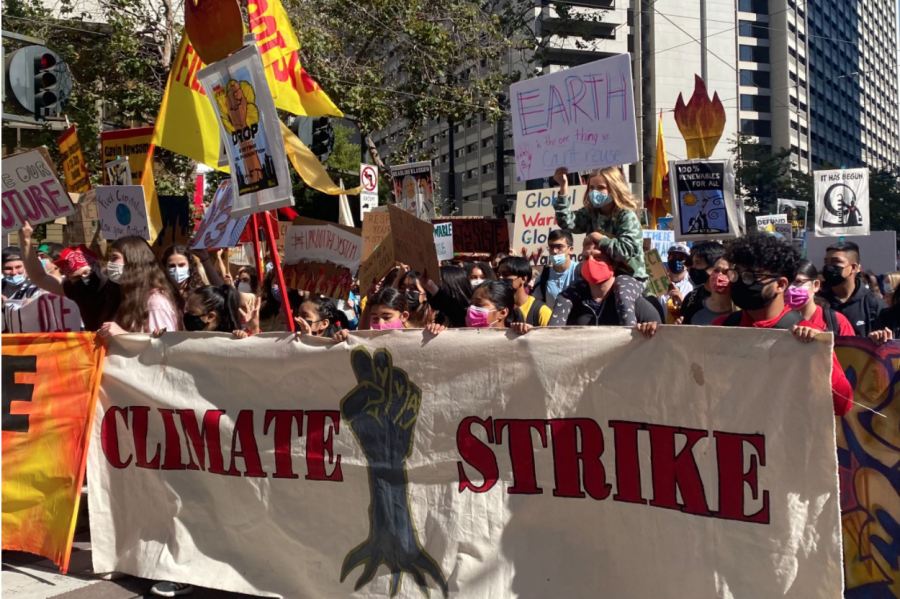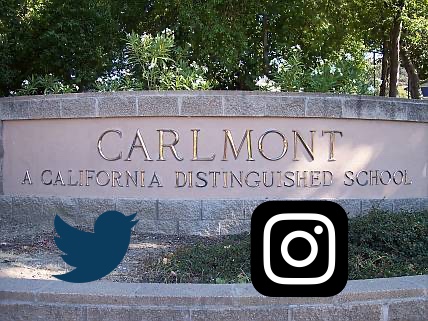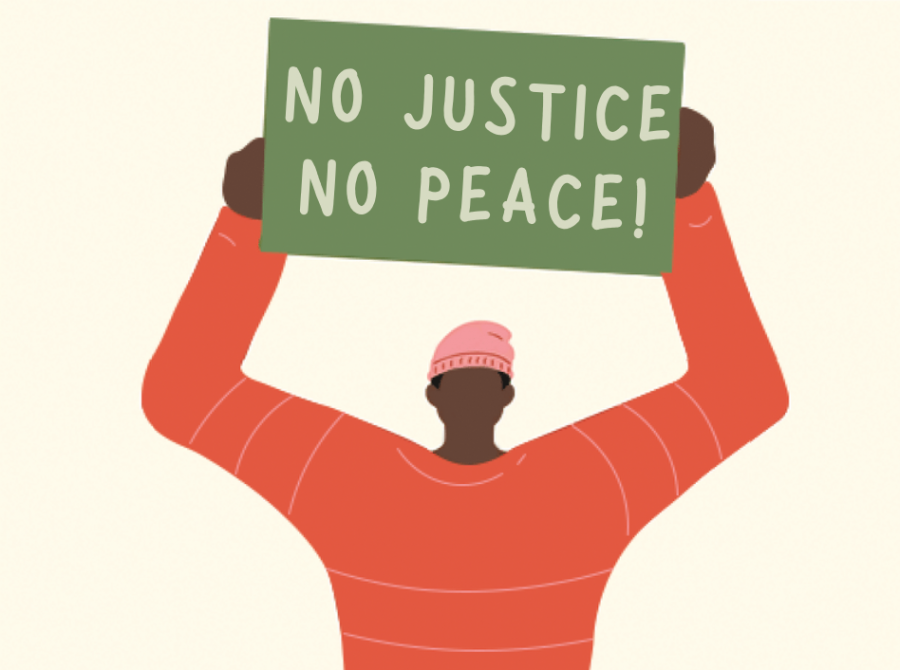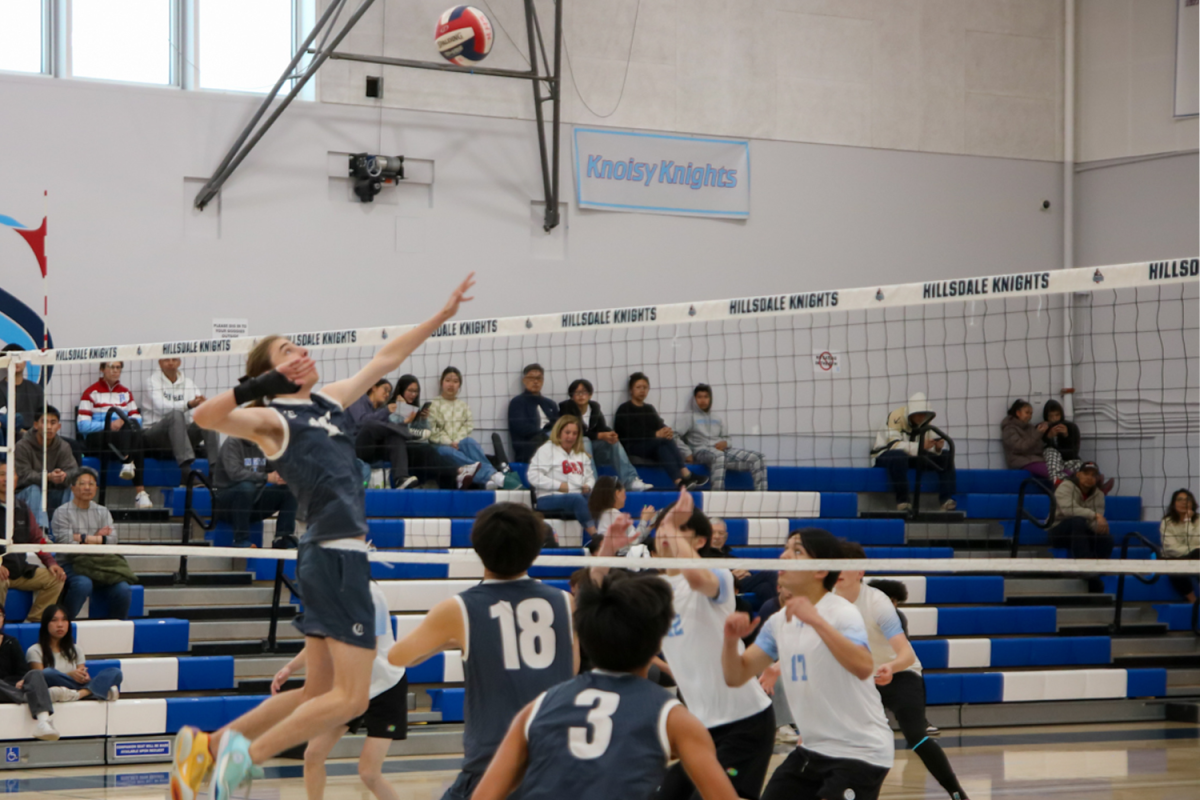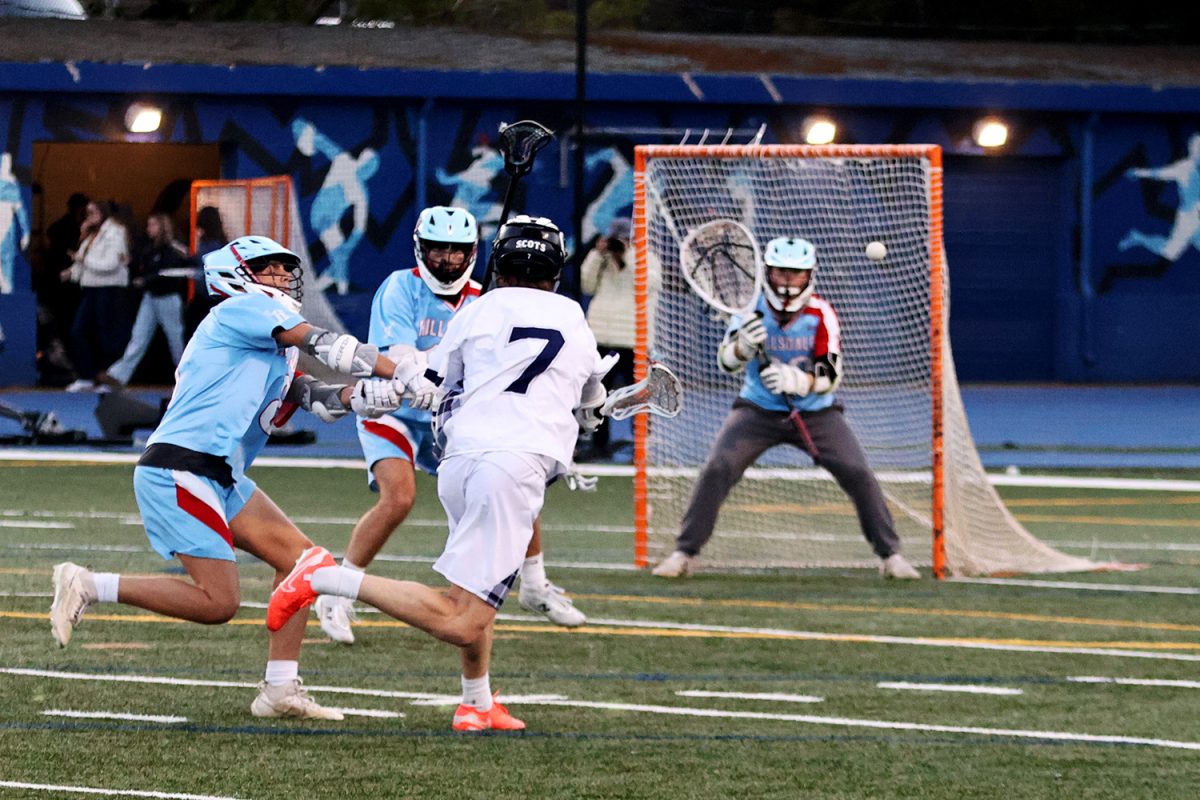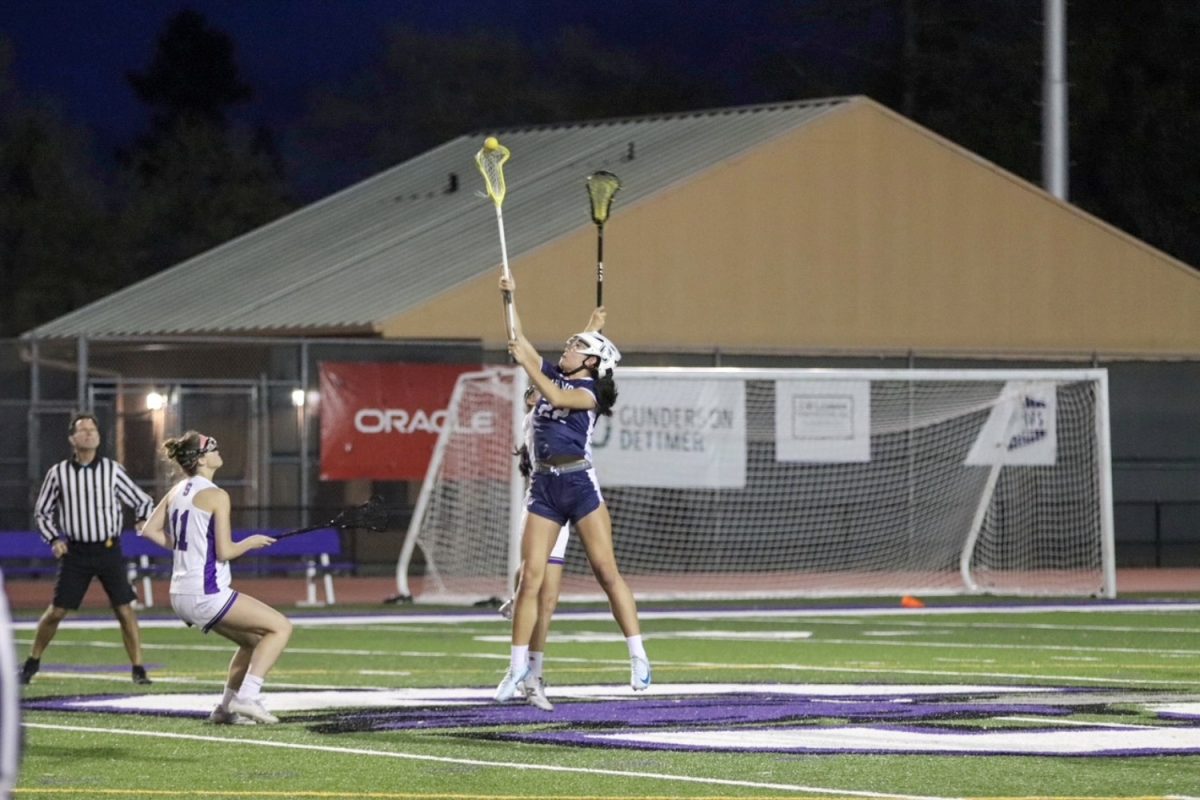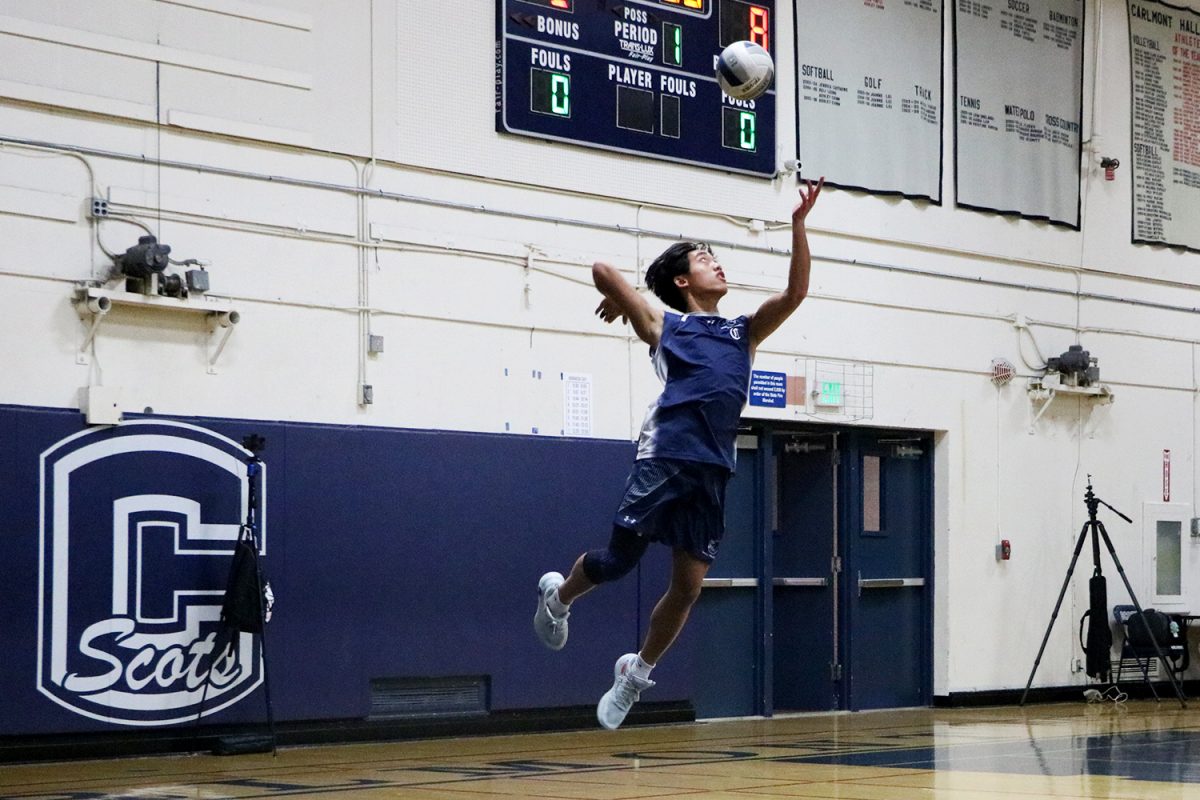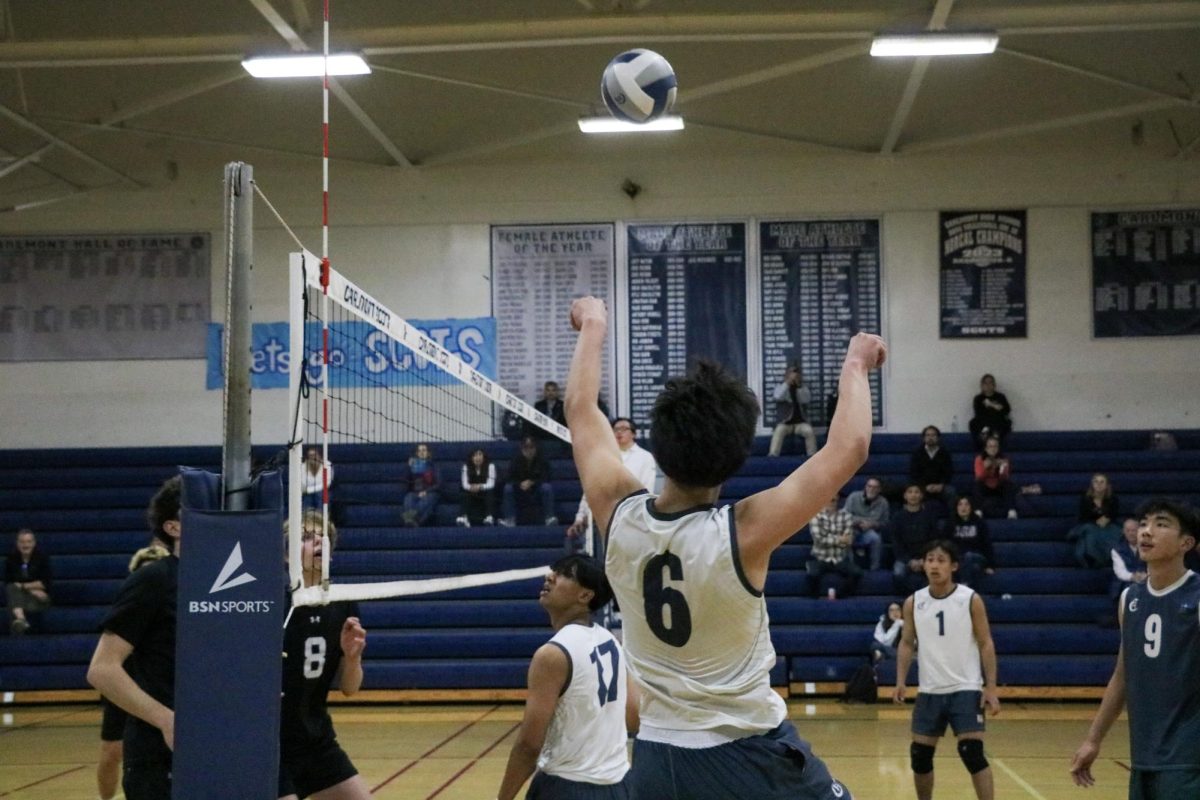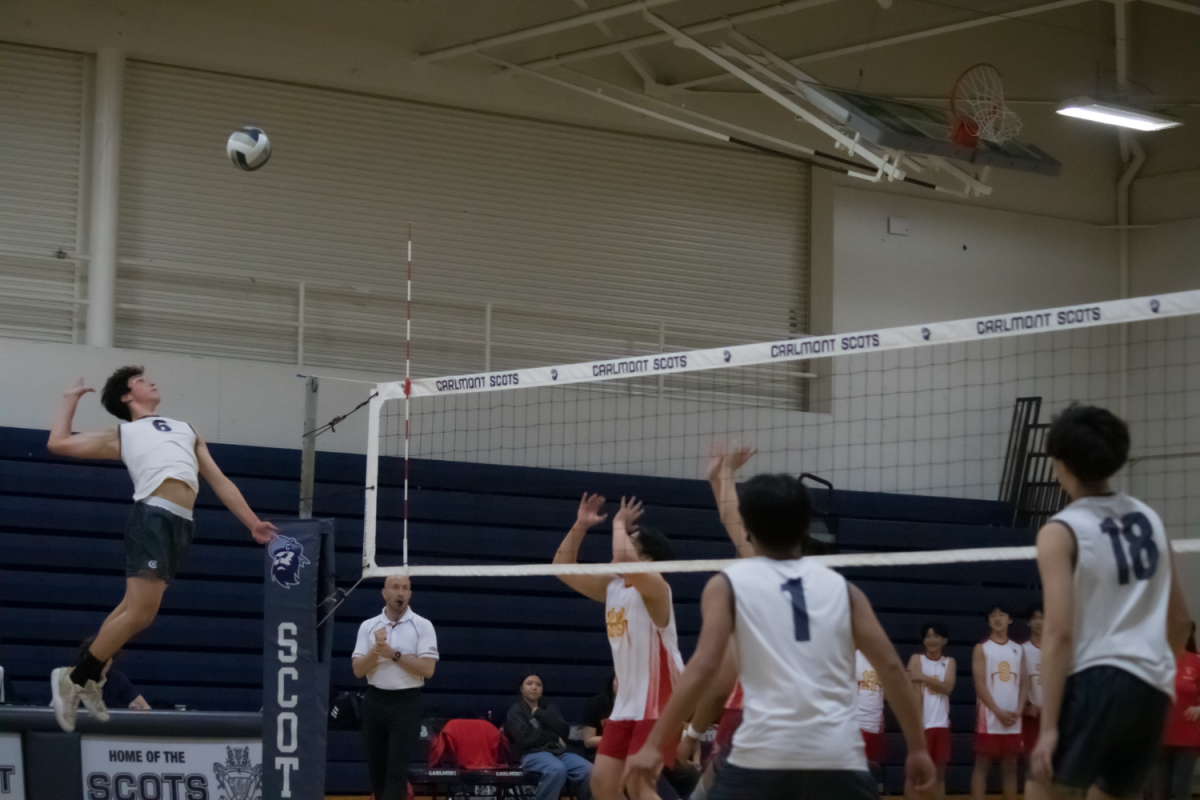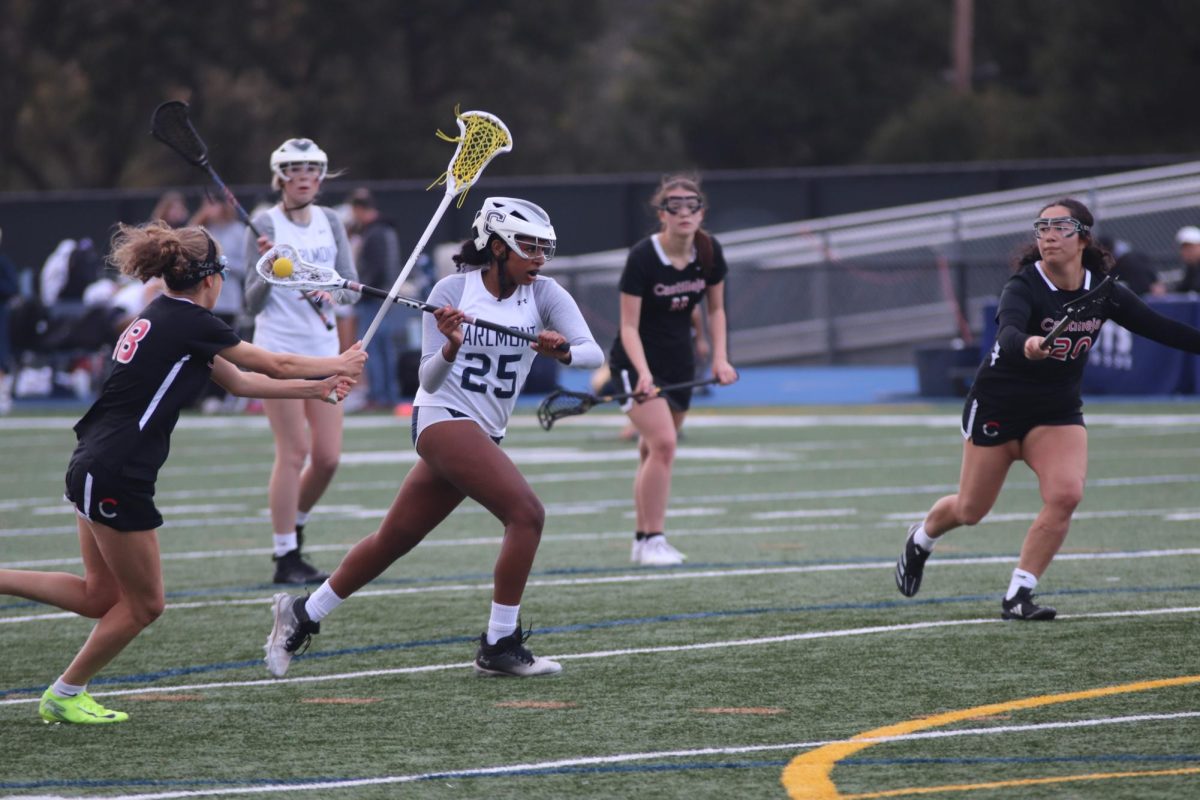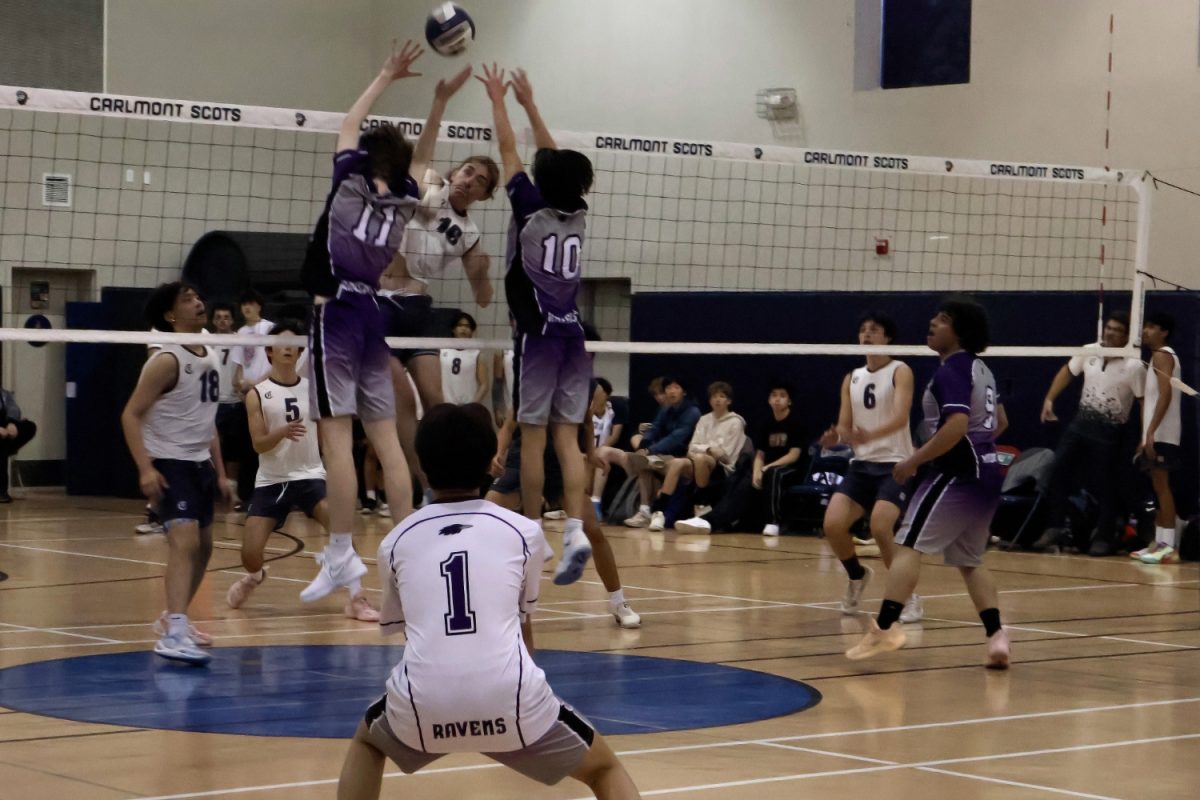Colin Kaepernick kneeled in solidarity with police brutality victims. Soon after, he lost his job as an NFL quarterback.
As Black Lives Matter became a national movement in June 2020, the NFL apologized to Kaepernick and launched a campaign for social justice. The NBA did the same.
And while the NBA’s and NFL’s newfound activism reached a broad audience and affected many, the motivations behind it seem performative.
Following the killing of George Floyd, both the NBA and the NFL released statements condemning police brutality. These statements included that they’re “committed to continuing the important work to address these systematic issues” and plan to use their “platform[s] to affect change.”
In July 2020, as the NBA resumed games after a pause due to COVID-19, the NBA allowed players to wear a social justice message in place of their last name on the back of their jersey. While it might seem like the NBA was giving players a way to advocate for social justice, the exercise was very controlled.
Players were only allowed to solely display the message for the first four days in the NBA Bubble. After the four days, players who chose to wear a phrase had to wear the chosen phrase along with their last name. The NBA also failed to consult their players in creating only 29 messages, leaving many to opt-out of the exercise.
“I don’t need to have something on the back of my jersey for people to understand my mission, [but] I would have loved to have a say on what would have went on the back of the jersey,” said Lebron James, a Lakers forward, in a press conference. “I wasn’t part of that process.”
Similarly, for the 2021-2022 season, the NFL allowed players to pick from a list of social justice messages to wear on the back of their helmets. Yet again, athletes’ use of their platform proved to be very restricted in that they only have six social justice messages to choose from, and players weren’t consulted in the message-choosing procedure.
This is one of many ways that the NFL fails to represent its players.
According to NBC News, around 71% of NFL players are people of color, but there are only three head coaches of color. Out of the 62 head coaching hires from the past nine years, 51 jobs were given to white men.
In 2003, the Rooney Rule was created and implemented to give coaches of color more opportunity for NFL leadership positions.
The Rooney Rule requires NFL teams to interview at least one diverse candidate for all head coaching and senior operations vacancies. In October 2021, the NFL made changes to the rule, and now teams have to interview at least two external minority candidates for said jobs.
It may seem like a step in the right direction, but NFL teams struggle to honor the merit of the Rooney Rule.
After being fired from his job as the head coach of the Miami Dolphins, Brian Flores was left to find a new position. Flores was still unemployed after many head coaching interviews, despite analysts seeing him as the most qualified candidate for the New York Giants head coaching vacancy.
Flores went on to file a federal lawsuit against the NFL and three of its teams for alleged racial discrimination.
“Management is not doing the interviews in good faith, and it, therefore, creates a stigma that interviews of Black candidates are only being done to comply with the Rooney Rule rather than in recognition of the talents that the Black candidates possess,” Flores said.
Today, the only black NFL head coach is Mike Tomlin of the Pittsburgh Steelers, who recently hired Flores as their senior defensive assistant and linebackers coach while he continues with the lawsuit.
In contrast, the NBA currently has 16 out of 30 teams with a head coach of color. In this past off-season, out of the NBA’s eight head coaching vacancies, seven were filled by black coaches.
The NBA has made strides in changing its leadership to better reflect their 82.7% player of color population. However, the NBA still struggles to allow players full use of their platform on the court.
Both the NBA and NFL need to take steps to increase diversity within their organizations and expand from simple performative activism. Matching the diversity of a teams’ players with its leadership and giving players complete freedom over how they use their platform on the field will solidify the NBA’s and NFL’s commitment to the movement towards racial equality.
*This editorial reflects the views of the Scot Scoop editorial board and was written by Soleil Dam.

